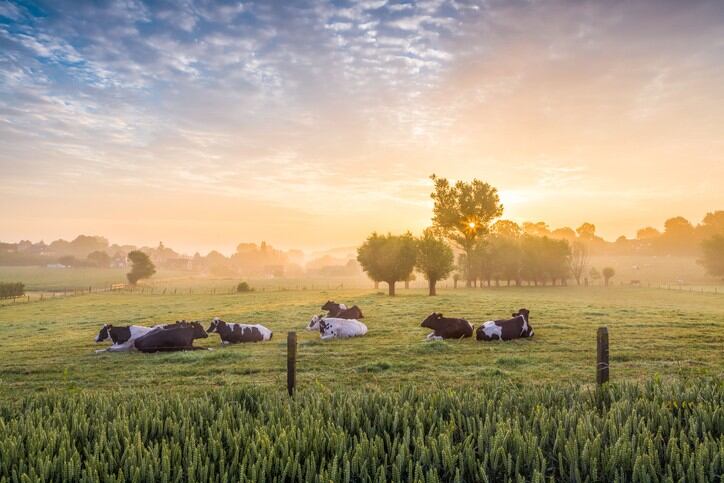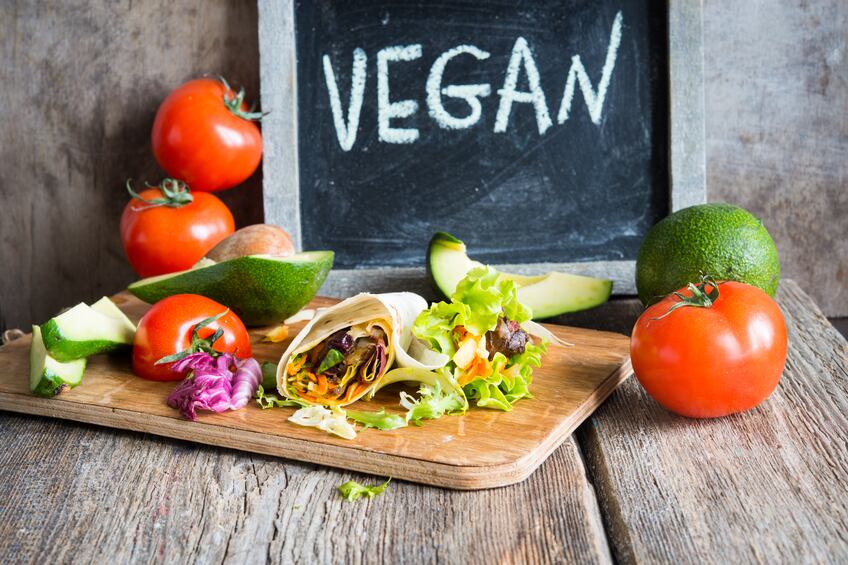In the ‘Where’s the Beef’ statement, coordinated by the FAIRR Initiative, the coalition sets out an argument for G20 governments to be ‘more transparent’ about how much of their planned emission reductions will come from agriculture.
Ban Ki-moon, eighth Secretary-General of the United Nations, also threw his weight behind the statement.
“Governments are making progress with ambitious pledges to reduce emissions, but if we are to meet the goals of the Paris Agreement, countries must also say how they will tackle the high level of emissions from the agricultural sector as part of their national climate commitments,” he noted.
“Transparent emission reduction targets will help investors and wider stakeholders measure progress towards net zero and chart the transition to more sustainable agriculture. Governments must work with farmers to build a sustainable and climate-smart agricultural sector that safeguards the livelihoods and communities that rely on farming around the world.”
Agriculture: An overlooked industry?
Signatories of the 2015 Paris Agreement are required to publish Nationally Determined Contributions (NDCs) every five years, disclosing their plans to reduce emissions and adapt to climate change. According to FAIRR’s analysis, ten 2020 NDCs have been submitted, representing 12 G20 countries with the EU producing a single document for all Member States.
These NDCs contain a range of commitments: from 1990 levels, the EU has pledged to cut carbon emissions by at least 55% by 2030 and the UK has said it will achieve a 78% reduction by 2035; the US has pledged to half emissions by 2030; and Japan has committed to a 46% reduction from a 2013 baseline.
These pledges contain specific targets to address issues in industries that are considered high emitters. Half set specific goals associated with the energy sector and one-fifth outline aims related to transportation. However, FAIRR revealed, none of the G20's currently updated NDCs include clear national targets for agriculture, a sector that accounts for one-third of global emissions.
“It's interesting that 20% of countries have specific sectoral targets for transport, when in fact agriculture contributes more to global emissions than transport,” Maria Lettini, Executive Director of FAIRR, told FoodNavigator. “The climate pledges of the world’s largest economies can’t be achieved without addressing the emissions of this sector, so investors are asking for transparency on how much of the emissions reductions planned in NDCs will come from the agriculture sector.”
While FAIRR’s statement addresses commitments on agricultural production in general, the investor coalition does single out the role of animal agriculture in climate change.
“Cows are the new coal. The emissions from agriculture and related land use are on a level with the greenhouse gases emitted by the EU, US and Japan combined,” Jeremy Coller, Chair of FAIRR and Chief Investment Officer of Coller Capital said.
Lettini explained this focus on animal agriculture reflects the industry’s contribution to emissions. “Within the agriculture sector, animal agriculture in particular will be a crucial cog in our global decarbonisation machine. FAIRR data shows that one in three of 60 of the world’s largest animal protein producers’ emissions reported an increase in emissions in 2019, and livestock alone is responsible for 15% of all greenhouse gas emissions,” she explained.
In this context, the coalition wants to see policy also support a consumption shift towards more sustainable diets, which are often characterised as higher in plant-based products and lower in animal proteins. “Investors are also calling on countries to go further to establish frameworks for a transition to more sustainable diets. As an example, in 2019, the EAT Lancet Commission were able to establish the Planetary Health Diet, a global dietary guideline that promotes good human health while remaining within planetary boundaries, and respecting national and cultural differences,” Lettini told us.
Clarity will boost investment
Coller argued that increased transparency at a governmental level would prove a boon to investment in transitioning to a more sustainable food system.
“It would boost the confidence of investors to mobilise capital towards more sustainable food and farming. If investors don’t know where they are going, anywhere will do. Reducing emissions without a roadmap for how to get there is not only ineffective but highly damaging for investors and companies keen to ensure a fair and equitable transition to a net-zero economy,” he explained.
The coalition highlighted that a lack of clear national targets is ‘disincentivising’ climate action from agriculture firms. It also stressed that food and agriculture is highly exposed to ‘potentially devastating’ climate risks, with FAIRR analysis showing 40 of the world’s largest meat firms face losses of up to $11bn from potential carbon taxation.
Lettini believes that a global policy response is ‘the best way’ to galvanise action. “As the global regulatory landscape moves to accelerate decarbonization, clear national targets for agriculture will lead to a better managed and more timely process and ensure an equitable transition for farmers, industry and consumers. This is a sector that’s dragging its feet on climate change, and now it quickly needs to play catch up.
“Without guidance and transparency from leaders on how it will feature in the transition to a low carbon economy, pricing the sector’s transition risk will remain a challenge for policymakers, investors and other private sector actors.”
If agriculture is a crucial lever to achieving net zero, why have policy makers been slow to spell out their ambitions for the sector?
Lettini responded: “Agriculture is a historically hard-to-decarbonise sector and many countries’ economies are dependent on systems where agriculture is closely interlinked with local livelihoods. But even within industrialised systems, there are a number of blind spots in terms of supply chain disclosure, cattle movement and land conversion. A lack of disclosure makes regulation challenging. It's also a sector that's often overlooked in the climate conversation.
“This will need to change if governments are to achieve their ambitious climate targets, and we hope agriculture will be high on the agenda at the upcoming G20 Venice Conference on Climate.”




